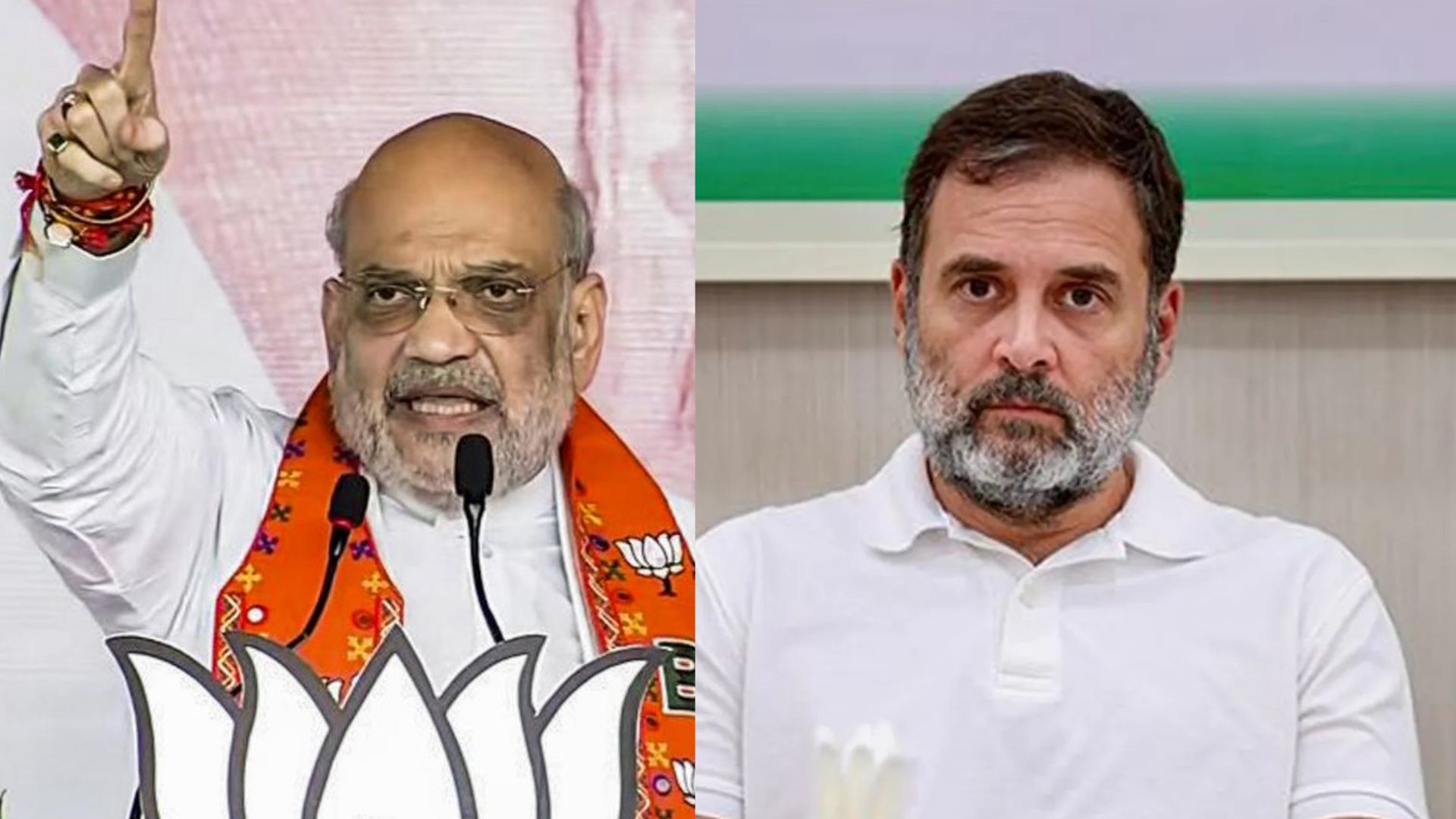
Days after External Affairs Minister S. Jaishankar sent out a strong message against terrorism at the meeting of foreign ministers of the Shanghai Cooperation Organisation (SCO) in Goa, China objected to a proposal by India to blacklist Pakistan-based Jaish-e Mohammed (JeM) terrorist Abdul Rauf Azhar at the United Nations Security Council.
Brother of JeM chief Masood Azhar, Abdul Rauf, born in 1974 in Pakistan, has been involved in planning and executing numerous terror strikes in India, including the hijacking of Indian Airlines aircraft IC814 in 1999, the attack on the Parliament in 2001 and the targeting of the IAF base in Pathankot in 2016. China objected to the proposal from India to add Abdul Rauf of the JeM to the UN Security Council’s 1267 ISIL and Al Qaida Sanctions list. Undoubtedly, China’s move to withhold a terrorist who has been involved in so many terror attacks against India has, in fact, exposed its duplicity on terrorism yet again.
The message is also clear that China has shielded Pakistan again in the UNSC by withholding designation of Rauf Azhar. What is more deplorable is that China’s move has come just days after the SCO’s Council of Foreign Ministers (CFM) meeting where Indian foreign minister Jaishankar had said that terrorism must be stopped in all its forms, including cross border terrorism. He had urged all the SCO member countries to collectively fight against terrorism.
The point which the international community must take note of is that China subscribes to the anti-terror agenda of BRICS (Brazil, Russia, India, China and South Africa), Shanghai Cooperation Organisation (SCO) and G20, but it backs terror against India.
New Delhi must use all these forums to expose China’s double standards on terrorism. On the one hand, Beijing has been boasting about countering terrorism internationally, while on the other hand, its usual duplicity on terrorism has been seen every time.
By blocking several bids by India and other nations, including the US, to blacklist Pakistan-based terrorists in UNSC, China has laid bare its duplicitous approach to fighting terrorism. This is something that the entire international community must collectively condemn and call Beijing out for. India along with other partners in the joint combat against terrorism must refer to all the instances of China’s duplicity and hold it accountable for the same. Remarkably, whenever it comes to delivering on the anti-terrorism commitments, China has repeatedly fallen short especially when it comes to tackling terrorism emanating from the territory under Pakistan’s control.
China’s opposition to India’s call to blacklist Rauf Azhar is the latest example exposing its double standards on terrorism. China’s move is a setback to the US as well. JeM terrorist Azhar was sanctioned by the US in December 2010. It was in August last year that China, a permanent, veto-wielding member of the UN Security Council, had put a hold on the proposal by India and the US to designate Rauf Azhar as a global terrorist and subject him to asset freeze, travel ban and arms embargo.
China had last year put holds on proposals to blacklist Pakistan-based terrorists Hafiz Talah Saeed, Lashkar-e-Taiba leader Shahid Mahmood and Lashkar-e-Taiba terrorist Sajid Mir under the Al Qaeda Sanctions regime. With all these examples in the background, the global community led by the US and other powerful countries must shame China and mount pressure on it to be sincere in its approach to dealing with terrorism. During India’s Presidency of the UN Security Council in December 2022, Jaishankar called out Pakistan and China in his remarks to the Council briefing on “Global Counterterrorism Approach: Challenges and Way Forward”, saying the “contemporary epicentre of terrorism” remains very much active and “evidence-backed proposals” to blacklist terrorists under sanctions regimes are put on hold without assigning adequate reason. This was a strong message to both China and Pakistan at the UN. India needs to toughen its stand vis-à-vis China’s move to shield terrorists present in Pakistan. This is a fit case for the international community to slam China for making a mockery of the UNSC counter-terror mechanism.
China’s latest move is another confirmation of the fact that Beijing does not want to annoy its all-weather friend Pakistan whose soil it uses for its anti-India agenda. The so-called China-Pakistan-Economic-Corridor (CPEC) project is one of the agendas that Beijing is working on with the sole motive of fomenting troubles for India. Despite India’s strong objection over this so-called project, Chinese foreign minister Qin Gang during a meeting with Pakistan and Afghanistan counterparts in Islamabad last week reaffirmed trilateral cooperation to extend CPEC to Afghanistan.














